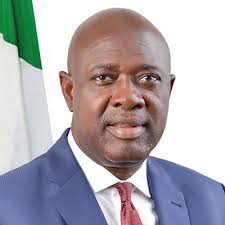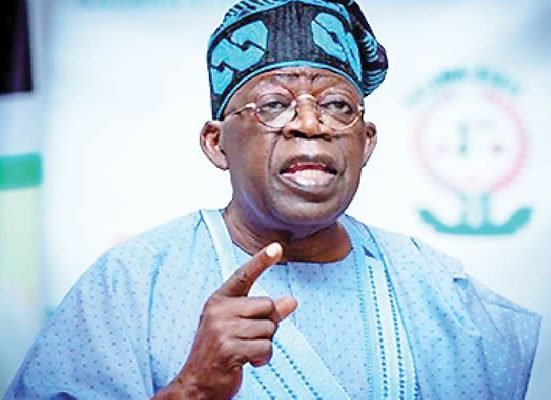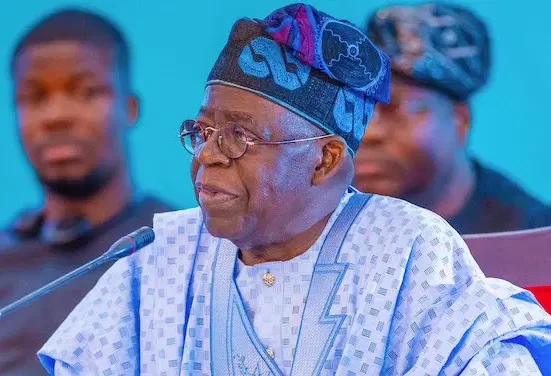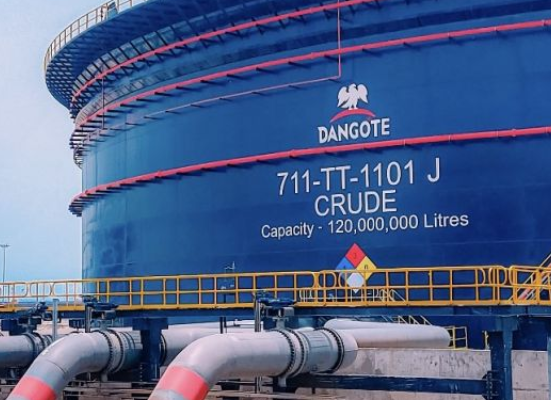The Federal Government has issued a stern warning to oil block owners who have failed to develop their assets, stating that their licences will be revoked if they remain dormant.
The Minister of State for Petroleum Resources (Oil), Senator Heineken Lokpobiri, made this declaration at a Cross Industry Group meeting in Florence, Italy, organised by international oil companies (IOCs) operating in Nigeria. The meeting focused on key industry challenges, expectations, and strategies for enhancing Nigeria’s oil and gas sector to meet domestic and regional energy demands.
Speaking at the event, Lokpobiri emphasized that the government would begin implementing the “drill or drop” provisions of the Petroleum Industry Act (PIA) to accelerate oil production. He expressed concern over undeveloped oil blocks, some of which have remained idle for decades, stressing that such assets add no value to the economy.
“We cannot continue to have assets sitting idle for 20 to 30 years without development. If you are not utilising an asset and it remains underdeveloped for decades, it neither adds value to your books nor to us as a country,” the minister said.
He encouraged industry players to adopt collaborative measures such as farm-out agreements, shared resources for contiguous assets, and the release of underutilized blocks to investors ready for production. He warned that any unutilized asset would be taken back and reassigned to those willing to develop them.
Push for Increased Oil Production
With the Federal Government setting a production target of 2.06 million barrels per day (bpd) by 2025, the minister called on oil companies to ramp up investments, assuring them that the government has provided all necessary incentives for seamless operations.
According to data from the Nigerian Upstream Petroleum Regulatory Commission (NUPRC), Nigeria’s oil production stood at 1.67 million bpd as of February 2025, significantly below the set target. Lokpobiri stated that while IOCs have cited engineering, procurement, and construction (EPC) constraints as a challenge, he noted that EPC firms would only commit when they see strong investment decisions from oil producers.
“The government has done its part by providing the requisite investment-friendly fiscal policies, including the president’s executive order incentivising deepwater investments. Now, the ball is in the court of the IOCs and other operators to make strategic investment decisions that will drive increased production and sustainability in the sector,” Lokpobiri added.
Nigeria’s Oil Production Cuts Amidst OPEC Quota Adjustments
Meanwhile, a report by Bloomberg has revealed that Nigeria recorded the largest oil production cut among members of the Organisation of the Petroleum Exporting Countries (OPEC) in March 2025. The country reduced output by 50,000 bpd, maintaining an average of 1.5 million bpd in line with its OPEC quota.
Iraq followed with the second-largest reduction, cutting 40,000 bpd to 4.15 million bpd, while the United Arab Emirates increased production by 30,000 bpd, exceeding its quota.
Nigeria’s production cut follows delays in loading Bonny Light crude due to a recent explosion at the Trans-Niger Pipeline, a critical infrastructure for the country’s crude exports. This disruption has affected Nigeria’s ability to meet its production targets.
Meanwhile, OPEC+, led by Saudi Arabia and Russia, has indicated plans to gradually restore production and increase global oil supply. The cartel is expected to add approximately 138,000 bpd this month as part of a phased increase running through late 2026.
Industry Leaders Commend FG’s Efforts
Also speaking at the Florence meeting, the Chairman of the Oil Producers Trade Section (OPTS), Mr. Osagie Osunbor, commended the Nigerian government’s continued efforts to create a conducive investment climate.
“We appreciate the government’s commitment to creating a conducive environment for investment. The minister’s engagement has provided critical insights and has also challenged us as industry players to step up efforts to increase production,” Osunbor said.
The Federal Government has reiterated its commitment to boosting local refining efforts, noting that with more refineries coming online, Nigeria must ramp up crude oil production to meet both domestic and international supply obligations.







